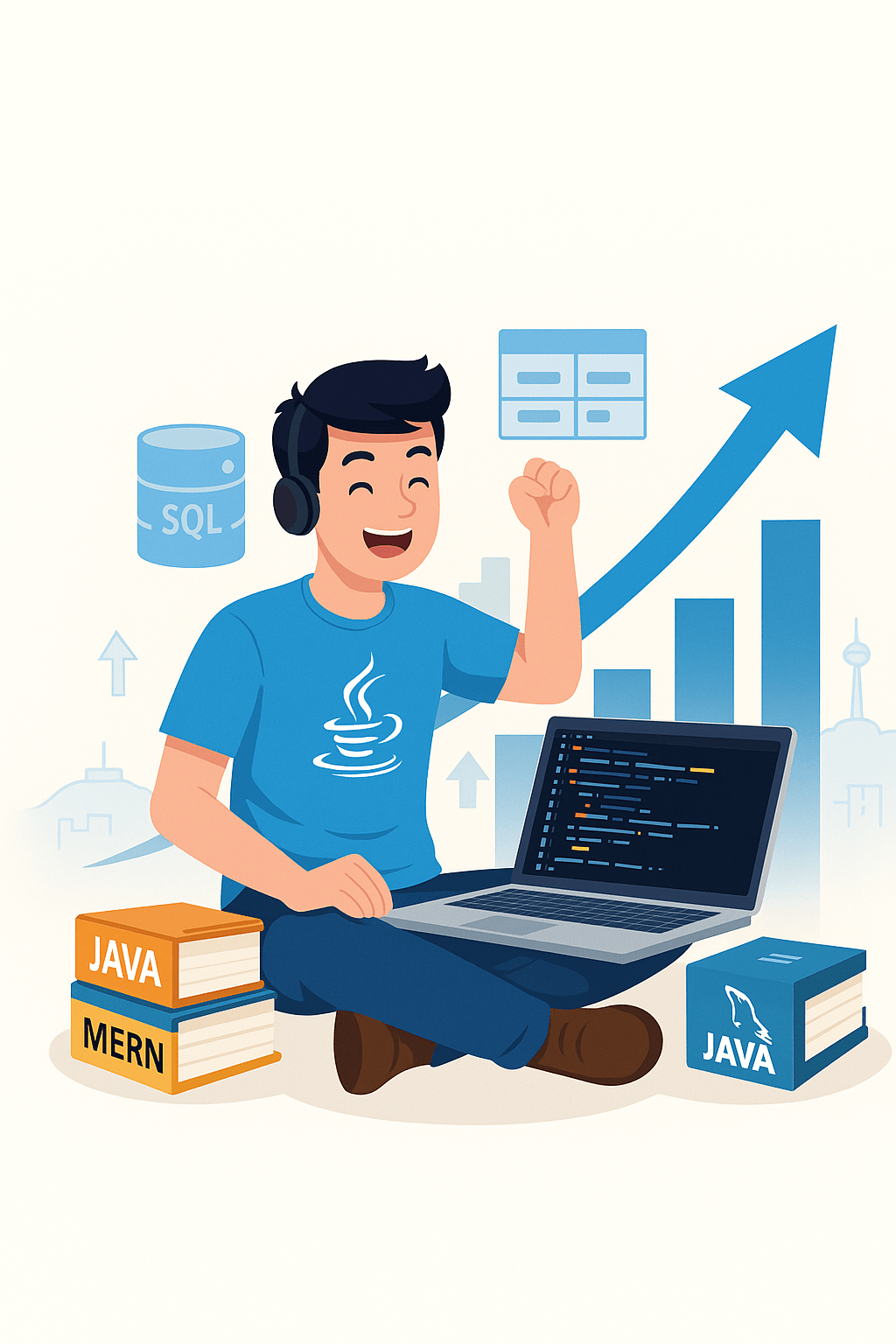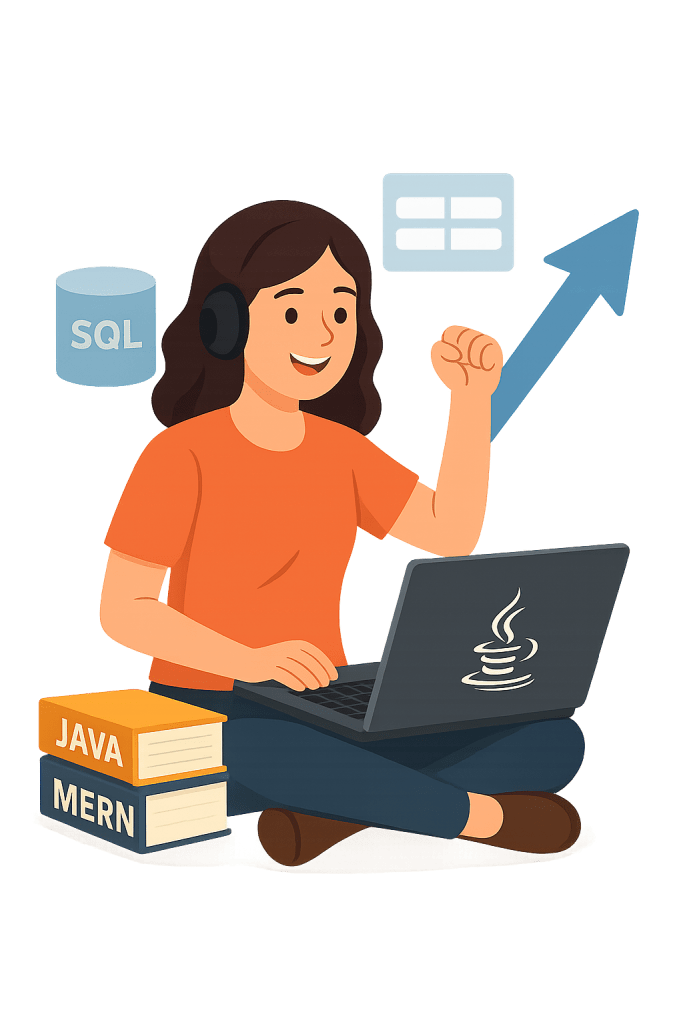Human beings are very much afraid of routine. Every time, try to find something new and interesting. If we look around, interaction between people is reduced. They find comfort in their zone.
Enjoy living in an electronic zone. The young generation is much more focused, and may not be like previous generations. But they know few things about people can’t be changed. So they try to engage themselves in media and games. They find it interesting and curious.
If we observe, every person has a cell phone.
The gaming business is on its high due to this. We can show them the other side of games. We can divert our ideas and enthusiasm in producing them. As an IT professional, we all know skills mean a lot in this. And our young crowd is full of it. Just a matter of guidance.
Languages are used in Game programming:
- Simple Games can be developed using Python, Lua, JavaScript, and C# languages.
- 3D Games games use C++, C# languages.
- AR/VR Games: uses C++, C#, JavaScript, and Swift languages.
- Desktop/PC Games: uses C++, C#, Java, and Python languages.
- Console Games: uses C++, C# languages
- AAA games: uses C++, C# languages
- Android Games: uses Java, C++, C# languages
- iOS Games: uses Swift, C++, C# languages
- Web Games: uses JavaScript, Python languages
What is Game Development?
Game development is nothing that implements our ideas into actual games with some programming language to play on devices.
Normally whenever we develop some code and if it executes successfully, we feel great. If we develop any game using any of the above language, then it will be very joyful.
The process of development includes refining concepts, designing interfaces, planning architecture, and creating the game by writing the code that makes it perform.
Stages of Game Development
- Concept: The concept, video game design, and storyline are conceived via brainstorming.
- Pre-Production: Defining a project plan with a timeline & resource allocation. This covers factors like target audience, gameplay mechanics, and art style.
- Testing: Once the game is built, it goes through testing to identify and fix any bugs or glitches. Fun times!
- Release: After testing, the game is released to platforms like PC, Xbox, PS5 (Play Station 5), mobile devices, etc.
- Maintenance: Game developers provide ongoing support and maintenance, fixing any issues that arise while also adding updates or new content.
Gaming Platforms
Gaming platforms are the systems where game programmers deploy their games and where users play the games. We might not think of them as platforms because they’re so familiar to us as gamers, but common examples are:
- Consoles: Sony PlayStation, Microsoft Xbox, Nintendo Switch, etc. These have dedicated hardware designed for gaming and often include wireless controllers.
- PC: A computer system that runs Windows and occasionally MacOS or Linux. Users have more control over hardware, including GPUs, monitors, mouse and keyboard, etc.
- Mobiles: Platforms like iOS and Android offer games that are optimized for touchscreen devices like tablets and smartphones.
- Web-based platforms: Play directly in a web browser without additional software installation. Common web-based gaming platforms include Armor Games, Miniclip, and CrazyGames.
- Augmented Reality (AR) and Virtual Reality (VR): These use special hardware designed to create an immersive gaming experience, usually via special headsets and hand-tracking controllers. Check out the Meta Quest 2 for an example of an all-in-one VR headset.
Game Engine
Game engines are development environments or game frameworks that make game development more convenient.
Why game engine:
This offers a suite of tools and reusable components that speed up the processes of building a game. The general idea is to use pre-built functionalities rather than coding from scratch, which gives more time to focus on creating unique features for the game. They also tend to include a renderer for creating graphics, a physics simulation engine, a scripting language, and other features.
Functionalities rendered with the game engine :
- Rendering 2D/3D graphics
- Animations
- Scripting
- Memory management
- Networking
- Streaming
- Collision detection
List Of Popular games with its features
| Game Engine | Popular Games | Supported Languages |
| Unity | 1. Pokemon Go
2. Cuphead 3. Fall Guys: Ultimate K.O. |
C# |
| Unreal Engine | 1. Fortnite
2. Gears of War 3. Mass Effect |
C++ |
| CryEngine | 1. Plague Lords
2. Interrogation 3. Apple Spider |
Lua |
| Godot | 1. Endoparasitic
2. Dome Keeper 3. Blstronaut |
1. GDScript
2. C++ |
| Phaser | 1. One Dark Fright
2. Submarine Dash 3. Bayou Island |
JavaScript |
| Buildbox | 1. Cube 2048
2. Ant Smasher 3. Space Shooter |
C++ |
| Cocos Creator | 1. Wirewalk
2. TopWar |
JavaScript |
| Source 2 | 1. Artifact
2. Dot Underlords 3. Half-Life Alyx |
C++ |
Qualities in Language for Game Development?
Here are some of the qualities that make a good language for game development.
- Performance: In every complex situation, the game should deliver high performance.
- Memory management: Games require lots of memory, which needs to be managed efficiently.
- Interoperability: Several libraries and tools are integrated into one game. Interoperability in those should be high
- Portability: Games are developed for multiple platforms, so the portability of language can easily cross-compile.
- Ease of use: This makes game development accessible to a wider range of developers.
- Community and support: Provides developers with access to resources, libraries, and tools that make development faster and more efficient while helping with debugging or optimization.
Wrapping Up
To develop the game, we have discussed all aspects. Henceforth we can say C++, Java, and C# are traditional programming languages to develop the games, new languages like Lua can help to develop games as Python does.
And after all for successful game development, choosing the best language for game programming is half done job.
Boost your career! Java by Kiran Academy offers flexible Coding courses in Pune designed for busy schedules. Learn Java, python course in pune, .NET, Software testing, or other in-demand skills. Take online or offline classes.









